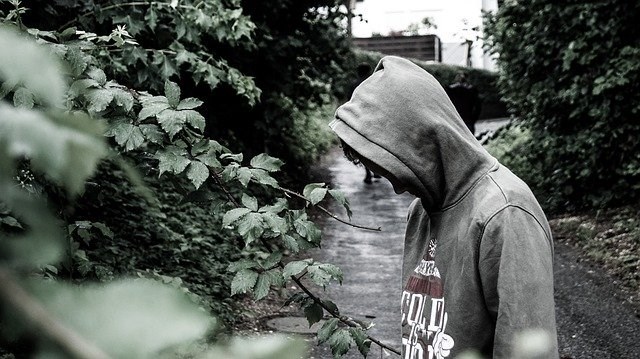Keeping kids in hospital for up to seven days after an overdose isn’t enough to protect them, worries a long-time Coquitlam youth advocate.
Changes proposed for B.C.’s Mental Health Act would allow hospitals to involuntarily admit a youth under age 19 who overdosed for an initial 48 hours, to regain their decision-making capacity, and that could be extended another five days for a total of seven.
“Absolutely it’s needed,” Diane Sowden said of the policy introduced by Judy Darcy, minister of mental health and addictions.
“I think they need to go further than that on an individual basis and it would be a small portion of at-risk youth who would need to be further helped, but you would need to go for more than seven days.”
Sowden, a former Coquitlam school trustee whose Children of the Street Society is now part of Plea Community Services, said more money and resources need to be put into programs, such as specialized foster care, and agencies that would follow up to help youth recover from opioid use, not just let them go after they’ve detoxed.
“Those are our most vulnerable youth,” she said. “It’s going to be a revolving door. You’re going to have a youth at the highest risk of overdose out on the street,” said Sowden, whose own daughter needed extra supports while she was taking drugs and being sexually exploited.
Her personal experience prompted her to start the Children of the Street Society to stop the sexual exploitation of youth and Sowden has long been an advocate of holding youth who are at risk so they can be attached to resources and people who can help them.
“Not every youth is going to turn themselves around with seven days of detox. We have that now and it’s voluntary and there are recovery programs but there’s nothing where they can do detox and go straight into recovery, that is where we lose the youth.”
The concerns come as B.C. saw a jump in opoiod deaths during the COVID-19 pandemic, including a Tri-City youth, who was also a talented actor.
However, Sowden acknowledged that the province has a fight on its hands to approve the plan because of concerns about the individual rights of youth, something that has prevented similar safe care initiatives from being approved in the past.
But Sowden said this concern for the individual rights of minors doesn’t jive with current practice, where social workers remove children from homes if there’s a safety risk.
Keeping youth in care long enough to help them get well and back on their feet is also necessary in cases of safety risk when youth are older and at risk of ingesting highly-toxic opioid drugs, she said.
Among the additional resources she thinks are needed include specialized foster homes that can help a youth go through the treatment and recovery.
“As with child protection, I believe it’s our job to keep kids safe when they can’t make decisions for themselves.”
For more on the province’s plan for stabilization care for youth who have suffered an overdose, visit here.



